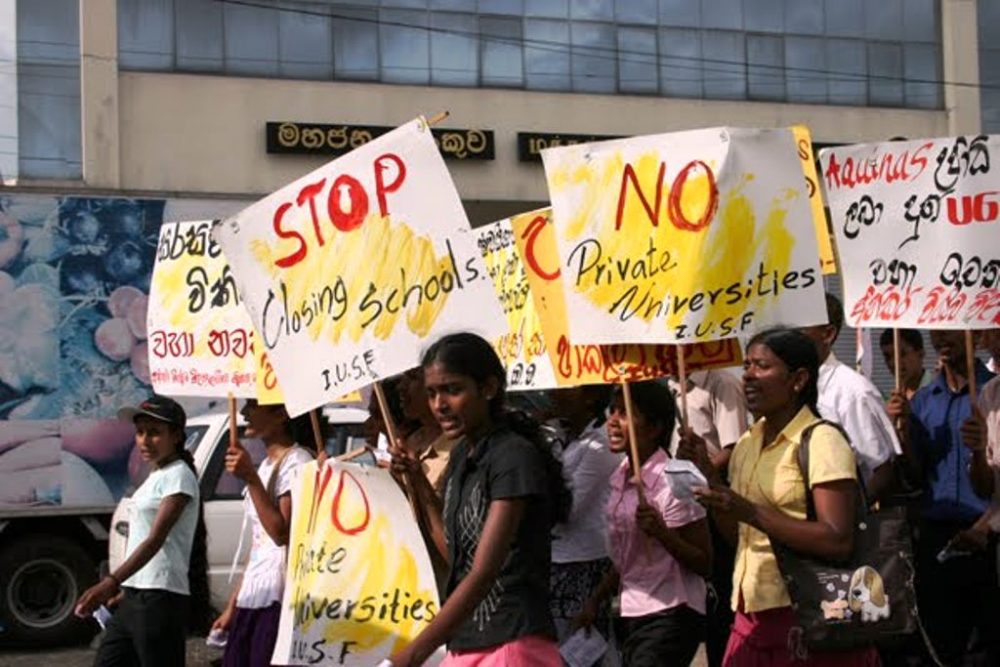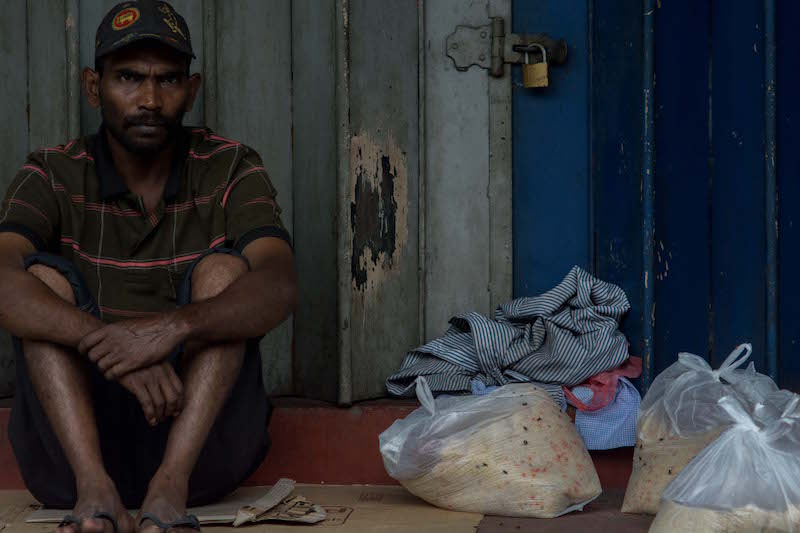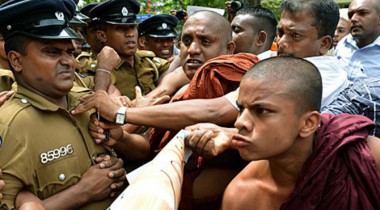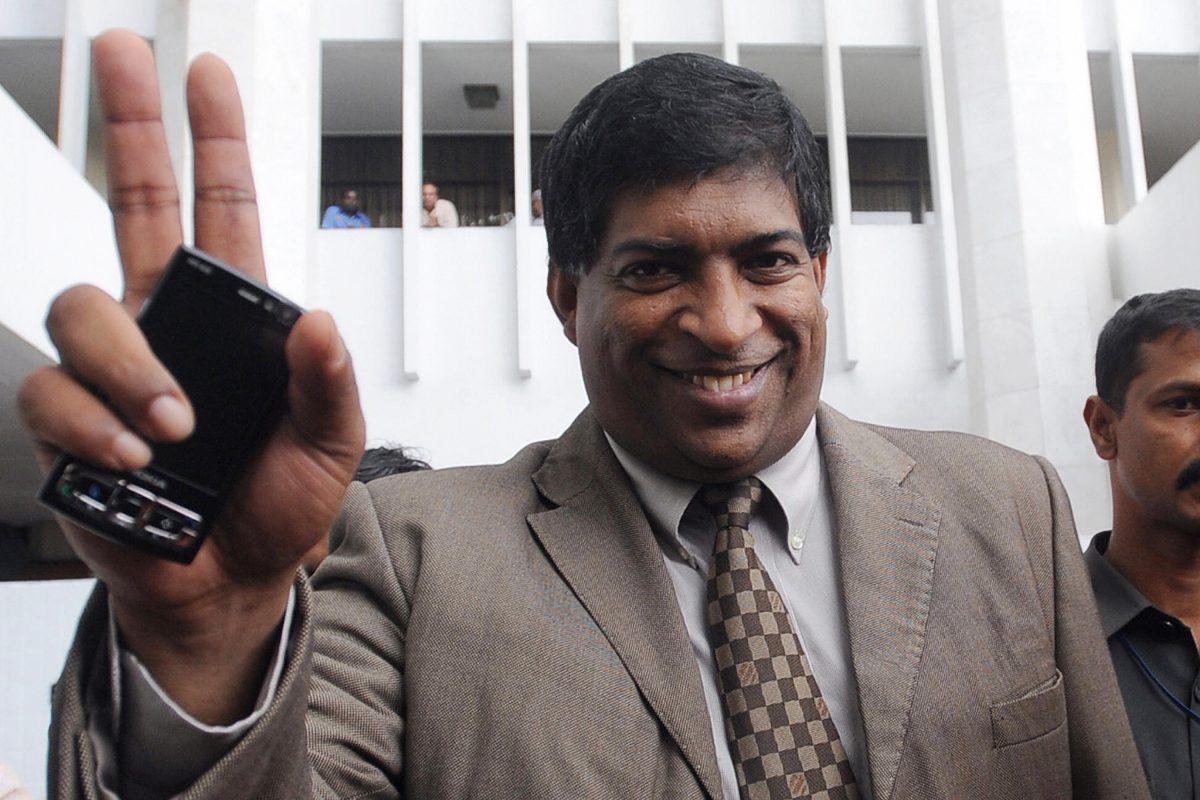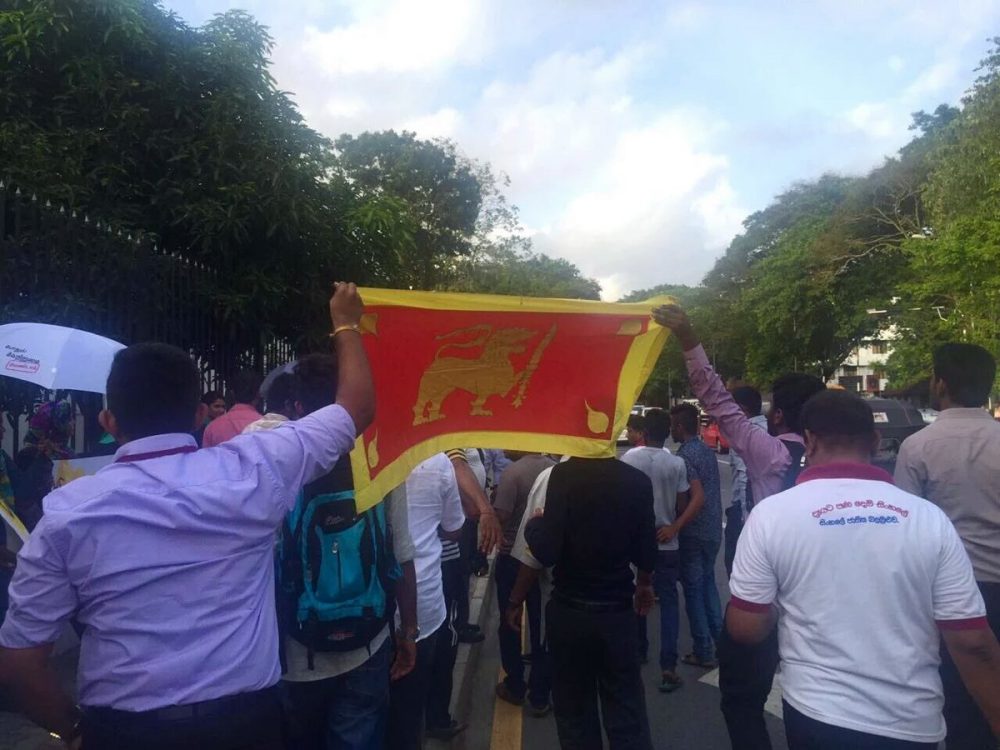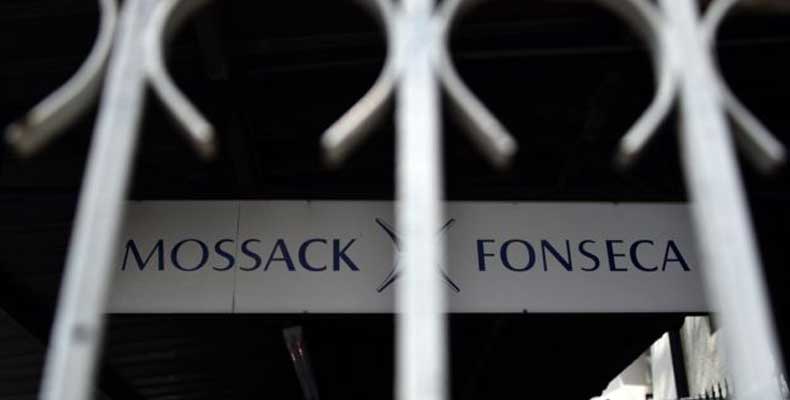
It’s been a few weeks since the controversial “Panama Papers” entered the limelight, but the heat from its fiery grasp remains lingering upon the world.
Sri Lanka, too, was not spared the ramifications of the leak. Ensuing events even resulted in the resignation of one government official. Although the news now seems to have died down a bit, fresh reports about the Panama Papers do surface every now and then.
But what exactly happened? Ever since news of the leaked Mossack Fonseca documents hit Lankan shores, it has become a tricky task to distinguish facts from speculation, given the amount of attention the issue received in the media, both mainstream and social. The issue does, however, remain an area of interest to all Sri Lankans, with many of us still left wondering whether the Panama Papers can mean serious implications for our country, or certain citizens, and if so how? But, first things first.
Breaking Down the Papers
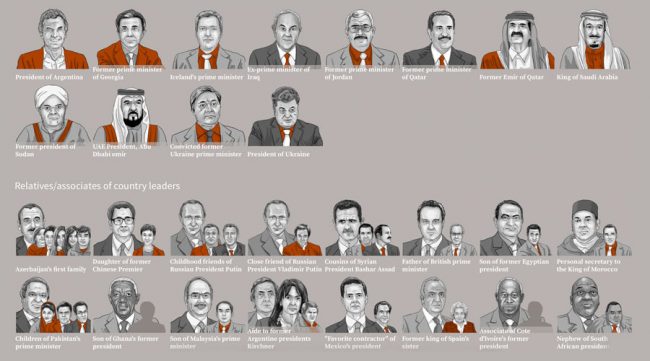
Prominent personalities implicated in the Panama Papers leak. Image courtesy: rt.com
The Panama Papers are a leaked set of 11.5 million confidential documents that provide detailed information of about more than 214,000 offshore companies listed by the Panamanian corporate service provider, Mossack Fonseca, including the identities of shareholders and directors of the companies.
The documents show how wealthy individuals, including public officials, hide their money from public scrutiny. The papers identified over five then-heads of state or government leaders, as well as government officials, close relatives, and close associates of various heads of government of over forty countries.
Offshore businesses are legally recognised wherever they are registered. However, the official International Consortium of Investigative Journalists investigation revealed that some of the shell companies ‒ non-trading companies used as a vehicle for various financial manoeuvres ‒ may have been used for illegal purposes, including fraud, drug trafficking, and mostly tax evasion.
The information provided by the whistleblower, “John Doe”, includes transactions running as far back as the 1970s ‒ and a total of 2.6 terabytes of data. Given the scale of the leak, German-based Süddeutsche Zeitung, the newspaper that was initially contacted by the whistleblower, enlisted the help of the ICIJ, which distributed the documents for investigation and analysis to some 400 journalists at 107 media organisations in 76 countries.
The first news reports based on the papers, and 149 of the documents themselves, were published all over the world on April 3, 2016. The ICIJ promises to publish a full list of companies involved on May 9, 2016, via a ‘searchable database’
Mossack Fonseca, denying the allegations of assisting foreign citizens in tax evasion, said the company “has never once in its history been charged with criminal wrongdoing, or even been formally investigated in connection with allegations of the same.”
Meanwhile, Back At Home…
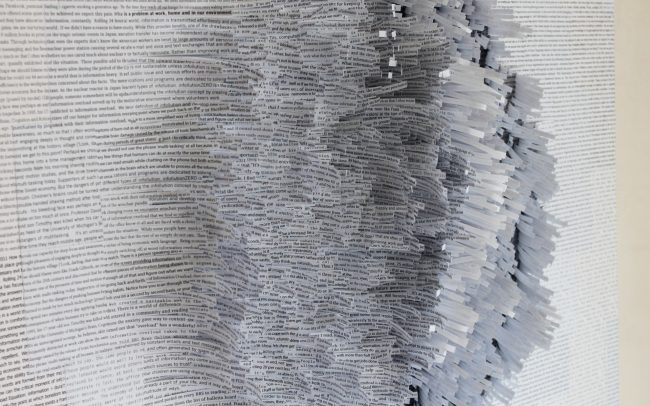
Is ‘information overload’ one of the problems Sri Lanka will have to grapple with? Image credit: jhham.files.wordpress.com
In Sri Lanka, news of the leak prompted media and concerned citizens to raise the most pertinent questions: were there any Sri Lankans on that list? And if yes, who, and for what reason? And, of course, what was the Government going to do about it?
The Sunday Times, which addressed the matter in its Editorial column on April 10, called the massive data leak “… a historic and moral victory for investigative journalism…”
The editorial addressed the news of several Sri Lankan personalities that were said to have been named in the Panama Papers.
“The question in this country is; are any Sri Lankans on the list? Whether that is the case is yet to surface. This week websites erroneously ran a list of Sri Lankans named by the ICIJ. This list was not from the ‘Panama Papers’.”
Finding the aforementioned ‘websites’ was not that hard a task.
On April 7, websites including Colombo Telegraph and Asian Mirror, published articles listing out turned out to be names of the Sri Lankans involved in the Offshore Leak in 2013. Attributing the information to the ICIJ, the news websites published the details of 46 names which include individuals as well as their companies (Master Clients and Offices).
The problem with this, is the fact that the Offshore Leak of 2013 and the Panama Papers leak 0f 2016 were two different events altogether ‒ although Sri Lanka was not the only country to have confused the two.
And the blunder was not only on the part of websites ‒ the newspaper Ceylon Today also reported that 46 Sri Lankan individuals and companies had been named in the Panama Papers leak, clearly mistaking it for the Offshore Leak.
Quoting Deputy Minister Eran Wickramaratne, the newspaper said, “… what is so striking is that included in the list of names exposed in the ‘Panama Papers’ are 46 Sri Lankan names, surpassing the number of accounts held by person[s] from several far more developed countries in the region.”
Surprisingly, this number was not reported by the Government News Portal, news.lk, when it reported the statement made by the Deputy Minister at a media briefing on April 7.
According to the Deputy Minister, the Panama Papers would help divulge important information regarding local politicians and their friends and relatives, whose accounts were circulated through banks in Seychelles and Dubai, as discharged by the Anti Corruption Front earlier this year and in 2015.
Deputy Minister Wickramaratne was not the only MP to comment on the matter. Deputy Minister of Social Empowerment Ranjan Ramanayake, speaking to the media on April 6, said that the names of three Sri Lankan ‘politicians’ are featured in the Panama Papers revelations.
According to Ramanayake, Prime Minister Ranil Wickremesinghe had revealed that the Panama Papers had disclosed the identities of three politicians who had connections to offshore accounts through Mossack Fonseca. He immediately followed this statement up by adding that the identities of the three ‘politicians’ have, however, not been released to the public.
Politician or civilian, the controversial Panama Papers have listed three Sri Lankan companies, three clients and 22 stakeholders with no further details available as of yet. Netizens on social media jumping to conclusions at these stories (and on so many other stories) is one thing and is, by now, an expected outcome. But it’s zealously impetuous when the country’s media and the governing authorities do it.
Map credits: briankilmartin.cartodb.com
Meanwhile, the Anti-Corruption Front (ACF) has said that their organisation will be carrying out an independent investigation into the matter.
ACF consultant, Rajith Keerthi Tennakoon, told local media that the ICIJ has already started processing data on Sri Lanka, and pointed out that Sri Lanka’s priority should be re-claiming money from hidden offshore accounts, rather than merely seeking to reveal names.
“People of this country have been told that members of the Rajapaksa family and their associates have offshore accounts, which contain illegally made money. But nothing has been done, no one has been charged, no money has been brought back,” he said in an interview with Ceylon Today on April 11.
He also said that, according to Washington-based Global Financial Integrity, corrupt individuals have moved USD 19.96 billion in black money out of Sri Lanka from 2004 to 2013. “In rupees this sum is Rs. 2.88 trillion and this includes money illegally earned through corruption. The Central Bank and other relevant institutions like the Finance Ministry have failed to prevent these outflows,” Tennekoon said, adding,that “…the current government has had over a year to investigate such outflows and to take action to bring the money back. So far this has not happened.”
Information Vs. Disinformation
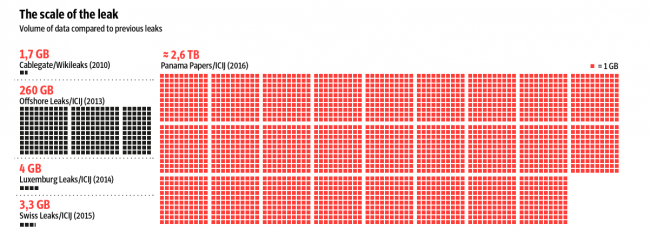
The Panama Papers: How hard did it hit? Image courtesy: panamapapers.sueddeutsche.de/en/
The Sirisena-Wickremesinghe administration, when taking the reins of power out of Rajapaksa arms and into their own in 2015, claimed that high ranking officials of the previous government had undisclosed offshore accounts in several countries including Seychelles, where they laundered money to avoid paying tax.
The current United National Front for Good Governance government, upon gaining the country’s power house, commenced several significant investigations and inquiries into these claims. This resulted in the establishing of the Financial Crimes Investigation Division (FCID) of the Police Department, as well as the revamped Commission to Investigation Allegations of Bribery and Corruption.
The revelations made by the Panama Papers are bound to make a second impact when specific details pertaining to our country are made available in the coming month. In the meantime, the Government as well as the Central Bank have promised to carry out their investigations and inquiries into the matter extensively, and claim to be determined to reveal the identities of those who were involved in activities that cost the country significant funds.
Government investigation or not, right now, Sri Lanka has a daunting ‒ but important ‒ task ahead: to wade through the multitudes of information, that will be (and is being) fed to us post-Panama Papers. If we’re not careful, the actual truth has the potential to get lost in the crude comments and criticisms made by pen-pushing officials, politicians enforcing their own agendas, and even the news coverage that seeks to report on the issue as a whole. Careless mistakes in research and reporting can sway public opinion in the wrong direction, as much as the derogative comments made by public representatives whose only aim is to criticise opponents. And often, the very same people who rail against tax avoidance and offshore finances, are themselves beneficiaries of those strategies.
Prime Minister Wickremesinghe, right before the leaving the country on his recent visit to China, told the media, “Now, we all have to go to Panama City to find whether there is Sri Lankan owned money. That revelation was also made by another Fonseca wasn’t it?” We cannot help but wonder where he gets his information from. Or rather, if some of these politicos even know what they are saying half the time.
We are constantly struggling against the massive torrents of information and disinformation in our lives. Sometimes, we find a guilty pleasure in allowing ourselves to be swept away with whatever sensational topics are doing the rounds in the media, mainstream or otherwise. However, in a matter as serious as this, we either swim against the currents to find safety in the truth, or be lost in billows of lies and disinformation.
Cover image credit: abc.es

